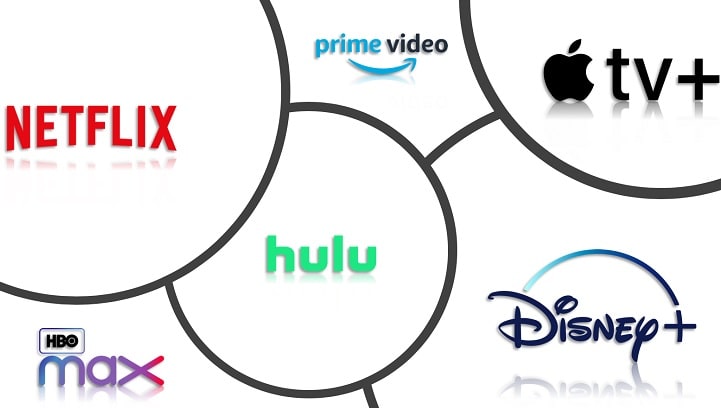You can’t seem to scroll through Twitter or Facebook at the moment without being bombarded with adverts for the latest shows on Apple TV Plus, Disney+, Amazon Prime, Netflix or so on. We have entered the start of what is being termed the “streaming wars”, and it looks like it will be even more hotly contested with the likes of HBO Max, Peacock (NBC) and Quibi join the fray in 2020.
There is, of course, plenty of reason to be cheerful about the launch of these platforms. The Mandalorian, Disney’s new Star Wars saga is getting rave reviews and has helped cause a stampede of over 10 million to Disney Plus in its first week. Unfortunately, most users outside the US (and Canada and The Netherlands) might have to wait until March 2020 to see The Mandalorian and other new Disney content. Although to be fair, that doesn’t stop the resourceful folks using VPNs, like those featured in this Top 10 review site, to get ahead of the game.
Apple and Disney Got Ahead of HBO
On the other hand, there have been some lukewarm reviews for dramas like The Morning Show, which was put front and center of Apple TV’s big push to challenge for dominance in the sector. Apple might get it right eventually, as they so often do, but it has raised questions about the viability of so many competing options. Rather than talk about streaming wars, we are talking about streaming fatigue.
Indeed, Forbes reported some interesting statistics on people’s willingness to buy extra content – regardless of what is on offer. It makes good news for the established players like Netflix and Hulu, with the report citing that we are less likely to drop a subscription than take up a new one. However, the worrying news for the likes of HBO Max is that the study suggests there is a tipping point for consumers where they simply will not add new services.
But for consumers, there might be a greater problem; namely, the spreading out of content through so many platforms that there is a real danger of either missing out or paying much more than we can afford. In fairness, it should be said that many services are at least considering ad-supported models to keep the cost down for consumers. These types of media battles can get nasty though, and there is every chance that broadcasters will try their best to play it tough with each other. Would you be happy, for instance, in keeping Netflix if it had all Disney, Fox and BBC content removed?
Tech Savvy Folks Always Find a Way
Of course, as mentioned earlier, many of us are resourceful, and we can use tech like VPNs to access cheaper services; for example, Netflix is priced differently in different regions of the world. Moreover, there is also the fact that people simply use means to access these subscription services that are illegal or, at best, touch on a legal grey area. Yet, one would surmise that that is simply a consequence of having so many options available. People simply can’t afford to watch them all.
Yet, for the average viewer who faithfully pays their Hulu bill every month, one feels that this will all end badly in a few years. Having so much choice is great, but even those who can afford to pay for several subscription services might feel overwhelmed and reluctant to do so. We could, in the end, be left with an industry that isn’t as vibrant as the 2010s, and thus the consumer will pay the price.



Top comments (0)